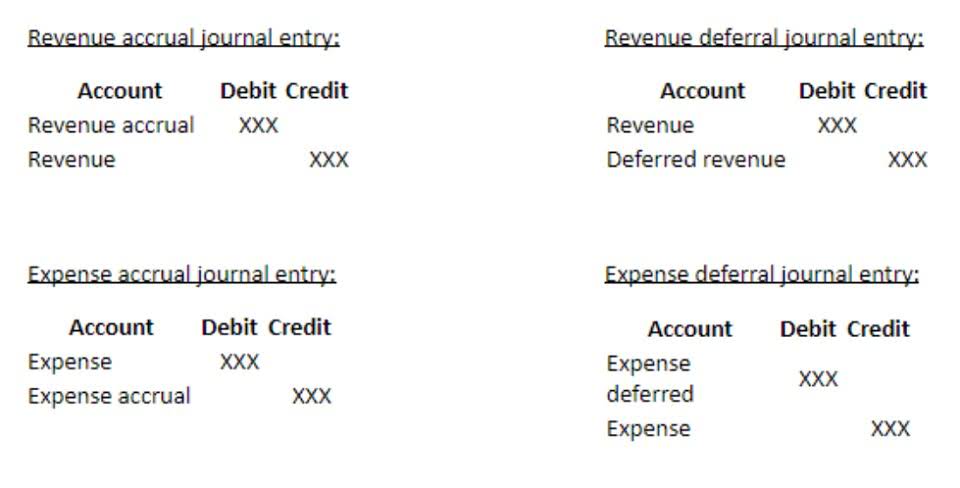
At its simplest, accounting is the recording and reporting of financial data, which is communicated in numbers. According to the Bureau of Labor Statistics (BLS), accountants and auditors earned a median salary of $78,000 as of May 2022. In recent years, starting salaries have increased as firms compete to attract top talent. Online or hybrid options generally work best for learners who work full time or have demanding personal commitments. Some schools also offer in-person classes in the evenings or on weekends for flexible scheduling. Much of what you will end up studying may depend on the kind of accounting job you pursue.
Introduction to Statistics

Forbes Advisor’s education editors are committed to producing unbiased rankings and informative articles covering online colleges, tech bootcamps and career paths. Our ranking methodologies use data from the National Center for Education Statistics, education providers, and reputable educational and professional organizations. An advisory board of educators and other subject matter experts reviews and verifies our content to bring you trustworthy, up-to-date information. For this reason, the field of accounting is the perfect fit for people who enjoy working with numbers but aren’t necessarily crazy about the complicated formulas of calculus, algebra and geometry. Accountants use numbers – and, by extension, math – in the service of business efforts. They may compute and prepare tax returns for individuals or handle the financial reporting needs of businesses.
Best Accounting Software for Small Businesses of 2024
Accounting is not simply crunching numbers, but being able to use the numbers to help individuals and companies achieve their financial goals that matters the most. Aspiring accountants can better understand financial transactions, provide accurate financial analysis, https://www.instagram.com/bookstime_inc and make informed business decisions by developing and honing their maths skills. So, if you’re considering an accounting science job, prioritise your maths education and build a solid foundation in these key concepts. A solid mathematical foundation is vital for succeeding in the field of accounting.

Beware the energy costs of using AI
- They may also perform audits of a business’s financial operations and make recommendations for changes it should make to run more efficiently.
- Before you pursue an accounting career, you should understand how to use Excel to organize and manipulate data.
- These reports can then be used to evaluate clients’ financial health and vulnerabilities.
- She believes the power of the written word can help educate and assist students on their way to a rewarding education.
- They gain skills in researching complex tax issues and communicating with stakeholders.
Once you have a job lined up, be an exceptional employee and learn all you can from the work. If you want to be an accountant, then you need to major in (you guessed it!) accounting. Technically, you don’t need to have a degree in accounting to become an accountant or a CPA, you’re just required to have a bachelor’s degree in any field.
You can absolutely choose to double major though, if that’s something you’re interested in. CPA licensure in most U.S. states mandates 150 semester hours of education, so some institutions offer five-year, combined bachelor’s and master’s in accounting programs to fulfill these CPA requirements. The type of accounting degree you earn can play a part in how much math is a part of your curriculum.
Some schools offer accounting as a standalone major, while others include it as a concentration within a business administration bachelor’s degree. A school may offer its bachelor’s in accounting programs in person, online or in a hybrid format. Accounting jobs typically require at least a bachelor’s degree in accounting. For some positions—especially senior roles—many employers seek candidates with master’s degrees and CPA licensure. A master’s in accounting or taxation can help accountants qualify for more job opportunities.

Mastering basic math formulas will be important, but other skills will also help you toward success. Computer skills and an ability to analyze and manage data may be equally or more important, depending on what kind of job you pursue. Accountants must be proficient in arithmetic operations such as addition, subtraction, multiplication, and division. They use these skills to calculate the value of assets, liabilities, revenues, expenses, and profits. Additionally, accountants may need to work with percentages, ratios, and fractions to analyse financial data and make informed judgments.
This includes four years to earn a bachelor’s and another two years to complete a master’s program or gain enough work experience to qualify for certification. That said, individuals not seeking these credentials can enter the field more quickly. CPA requirements vary by state, but in most cases, CPAs must meet educational requirements, pass the Uniform CPA Examination and demonstrate at least two years of what math do you need for accounting public accounting experience. All states require CPAs to complete continuing education to maintain their licenses. Notably, Black, Hispanic and Native American accountants remain underrepresented in their field.

Factors such as economic growth, globalization and the complexity of tax law drive a need https://www.bookstime.com/articles/what-is-a-transposition-error for accountants and auditors. As a result, the BLS projects over 125,000 accounting job openings annually from 2022 to 2032. A good education will prepare you for everything you need to know about taxes—from dealing with income tax to corporate tax structures. So even if you don’t end up as a tax accountant, you will have valuable, long-lasting skills to help your resume shine. Accountants are called upon to write financial analyses, memorandums for clients and reports for their managers.

0 commentaires